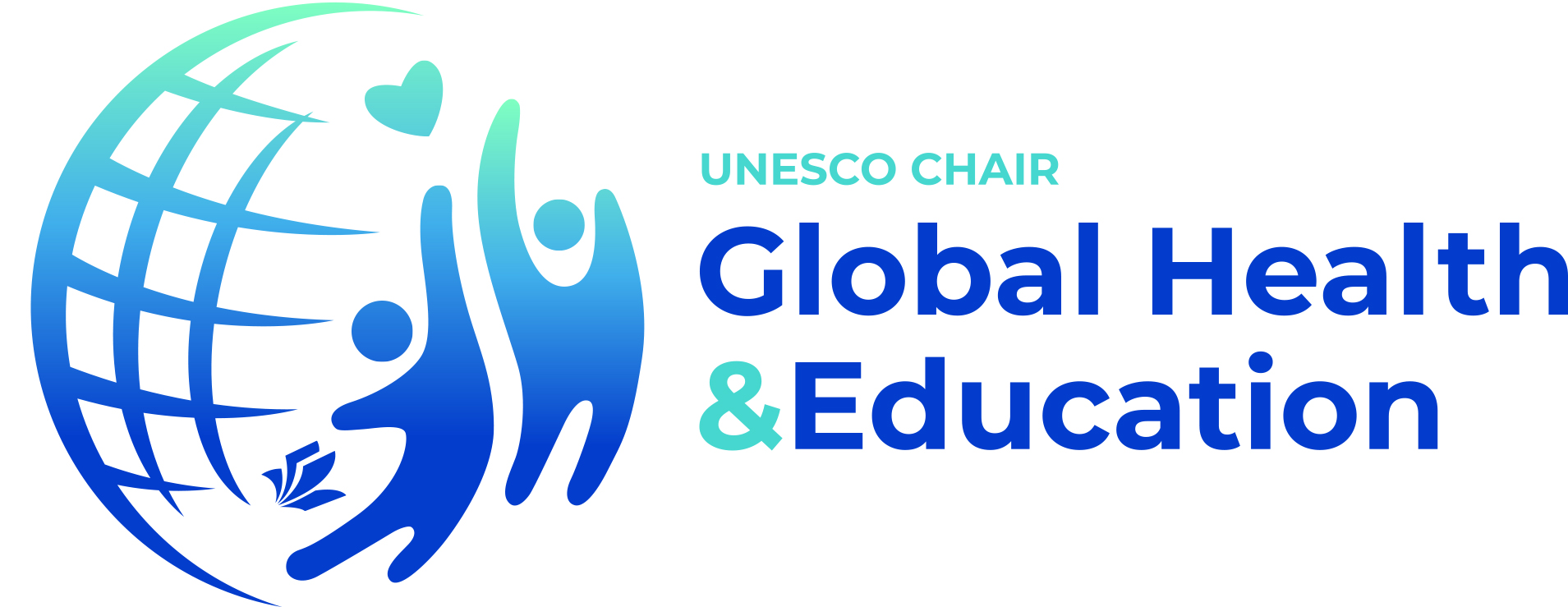Decolonising knowledge and practices: an imperative for social justice

Summary
The primary objective of this webinar in French is to critically reflect on the hierarchy of knowledge that has continued to prevail in health promotion despite the increasing number of voices calling for a paradigm shift in this regard. Decolonising health promotion knowledge and practice is a social justice imperative, as it involves highlighting the political and social mechanisms that contribute to the spread and growth of global health inequalities.
This webinar explores avenues for an integrative and plural co-production of knowledge and practice, supported by rigorous and effective public policies. We will approach the issue by examining two spheres of activity: research and expertise. Knowledge-based (epistemic) dominance in academic research is primarily a systemic issue, as it is most often directly related to funding sources. Similarly, the tendency to favour external expertise to the detriment of local expertise in the South or fragile communities in the North is part of a restrictive and relatively inefficient hierarchical dynamic. In both cases, critical and prospective reflection is required.
Based on a series of four case studies, we propose to reflect on the guidelines that need to be established in order to promote fair and fruitful collaborations between researchers, decision-makers and field actors:
- Co-production of knowledge, women’s health and feminism: presentation of a case study in Senegal
- Intersectoral collaboration between health and education through a health promotion scheme in schools and its implementation in different communities in New Caledonia
- Decolonising approaches and practices in health promotion in Quebec
- The local dialogue workshop: a method for decolonising knowledge in mother and child health promotion in Haiti.
The presentations will be followed by a discussion initiated by the moderator and open to all participants.
Speakers
The webinar will feature a rich panel of 6 speakers and a moderator.
- Mélanie Boivin, Executive Director of the Centre d’amitié autochtone du Lac-Saint-Jean, Québec.
- Obrillant Damus, Professor at the State Universities of Haiti (Institut Supérieur d’Études et de Recherches en Sciences Sociales) and Quisqueya (Faculty of Education), Associate Professor at the University of Sherbrooke (Centre d’études du religieux contemporain, Faculty of Law), Quebec. National representative of the UNESCO Chair in Education and Health in Haiti.
- Carmella Fernandes Da Rocha, Head of Strategic Youth Projects, South Province of New Caledonia.
- Rosalie Diop, sociologist, teacher and researcher at the Institute of Population, Development and Reproductive Health (IPDSR) of Cheikh Anta Diop University in Dakar, Senegal
- Chantal Levesque, Programme Manager, Faculty of Continuing Education, Université de Montréal
- Carine Nassif-Gouin, Programme Manager, Faculty of Continuing Education, Université de Montréal
Moderator:
- Carole Faucher, Anthropologist, Researcher, Nordic Center for Conflict Transformation, UNESCO Chair in Education and Health
Registration
Time: 18.00 – 19.30 CET
Language: French
Register for the webinar. Registration is free. After registering, you will receive a login link for the webinar.

